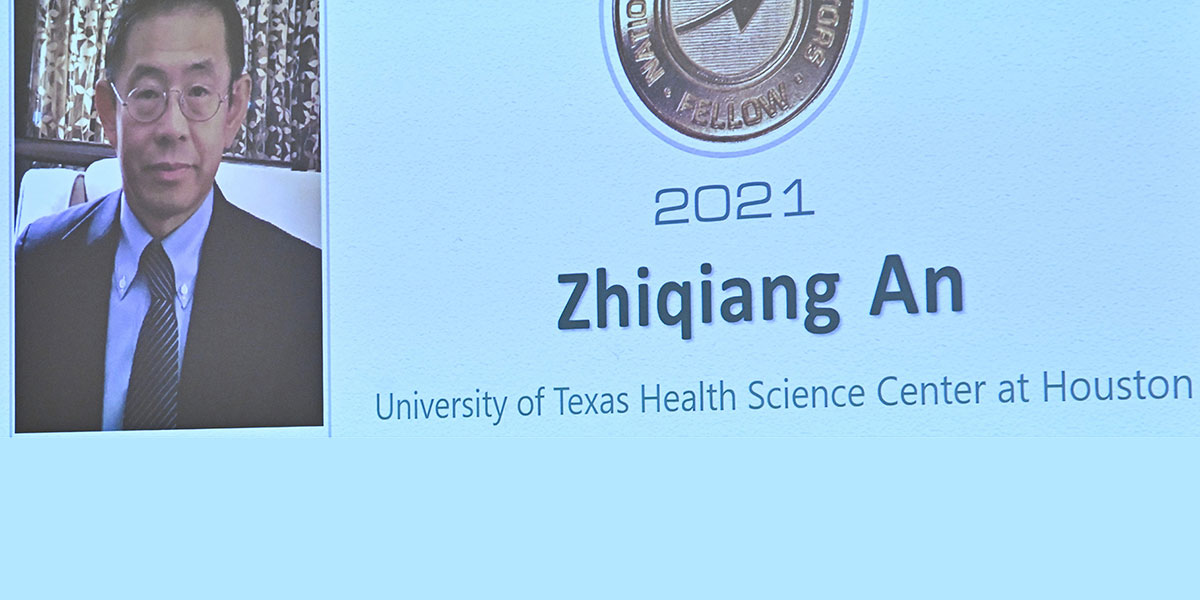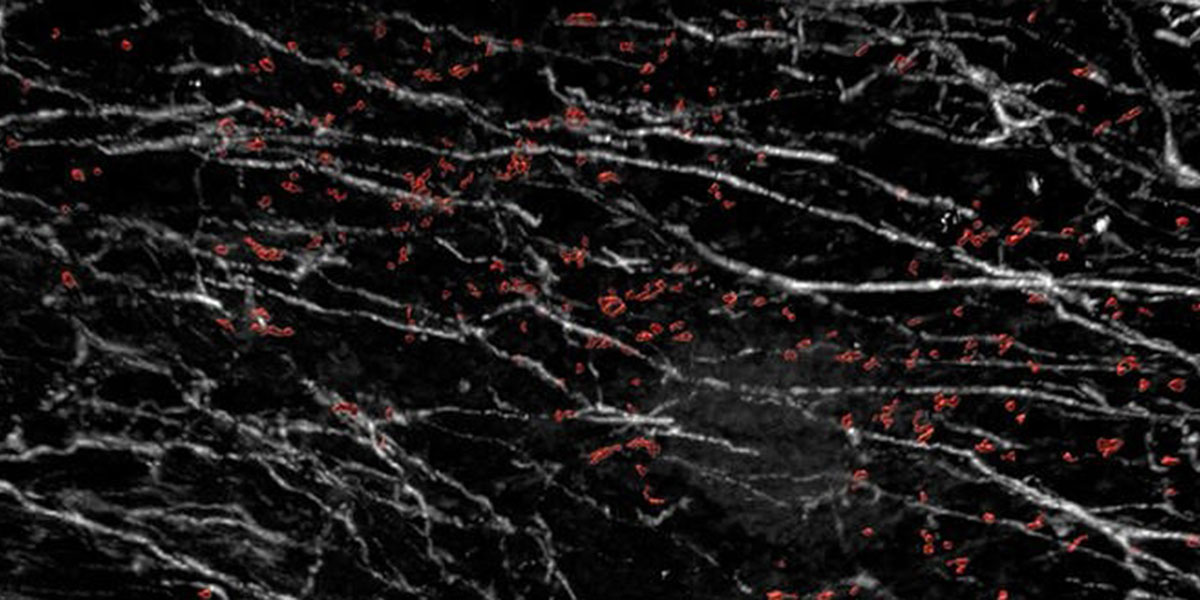
Dr. Zhiqiang An’s laboratory and his collaborators have developed nasal sprayed antibodies with the potential of the treatment of COVID-19.

Dr. Zhiqiang An was inducted as a fellow of the National Academy of Inventors at the (NAI) at the academy’s annual meeting in June, 2022 in Phoenix, AZ.

Dr. Zhiqiang An and his collaborators reported in a publication in Nature that tumors shed a protein to create barriers that block immune cells.



 Zhiqiang An, PhD, has been named UTHealth Houston’s first vice president of drug discovery. In this new role, An will work in close collaboration with researchers across campus, as well as the Office of Technology Management, Academic and Faculty Affairs, and the Office of the President to promote drug discovery and therapeutic innovation.
Zhiqiang An, PhD, has been named UTHealth Houston’s first vice president of drug discovery. In this new role, An will work in close collaboration with researchers across campus, as well as the Office of Technology Management, Academic and Faculty Affairs, and the Office of the President to promote drug discovery and therapeutic innovation.